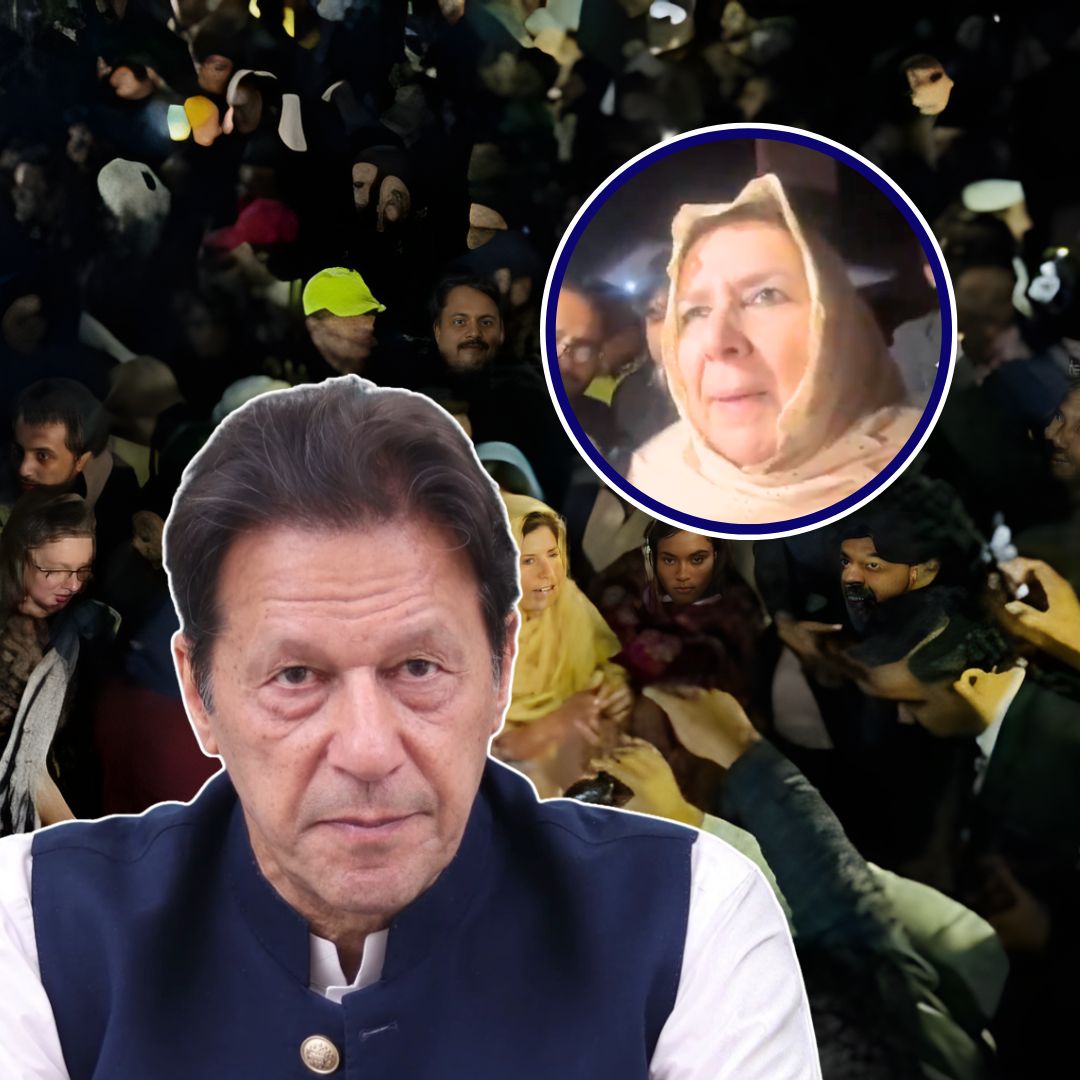Former Pakistani Prime Minister Imran Khan has been held in near-total isolation in Adiala Jail for 22 days, denied visits from family and lawyers despite Islamabad High Court orders mandating weekly access.
Recently, Afghan media outlets claimed that Khan has been killed in jail, prompting his family to demand answers amid growing anger and concern. His sisters were forcibly blocked from meeting him, escalating fears about his health and safety.
Authorities cite security concerns, while jail officials maintain Khan remains healthy. Protests by his supporters continue, demanding transparency amid speculation about secret transfers and the veracity of death rumours.
On Wednesday, Pakistani prison authorities publicly refuted claims that former Prime Minister Imran Khan had been secretly transferred from Rawalpindi’s Adiala Jail or was experiencing any health problems. The jail officials clarified that Khan remains at Adiala Jail and is in good health, receiving full medical supervision.
Strict Security Measures, Blocked Access and Death Rumours
In the wake of denied family visits and intensified isolation, reports surfaced from Afghan media claiming Imran Khan had died inside Adiala Jail. These unverified claims sparked alarm among supporters and outrage from Khan’s family, who now demand clear information and accountability from Pakistani authorities.
His sisters were physically barred and reportedly assaulted during recent attempts to visit him, further igniting protests by Pakistan Tehreek-e-Insaf (PTI) supporters outside the jail. Despite jail officials stating that Khan is in good health under observation, the lack of direct communication and transparency fuels continuing fears.
The Punjab Home Department’s security ban on meetings, citing terrorism threats, exacerbates the situation. According to recent updates, the sit in protest by his sister Aleema Khan has been cancelled following a succeful negotitaion with police, who assured her a meeting would be arranged.
Background and Political Context
Since his arrest in August 2023 on multiple charges including corruption and terrorism-related offenses, Imran Khan’s detention has been under close political and public scrutiny. The transfer to Adiala Jail marked a shift to a more secure facility, but ongoing denial of access to family and lawyers contradicts court orders and heightens political tensions.
The circulation of death rumours, especially from foreign outlets like Afghan media, has intensified international concern over his welfare. The political divide in Pakistan deepens as Khan’s supporters view these measures as attempts to silence a prominent opposition figure, while government authorities maintain that security protocols are necessary.
Imran Khan and Reasons for Arrest
Imran Khan, a former cricket star turned politician, served as Pakistan’s Prime Minister from 2018 until he was ousted in a no-confidence vote in 2022. He is the chairman of the Pakistan Tehreek-e-Insaf (PTI) party and has remained a prominent opposition leader since his removal. Khan was arrested starting in 2023 on multiple charges, primarily related to corruption.
One key case involved the Toshakhana reference, in which he was found guilty of illegal profiteering by selling expensive state gifts he received while in office, leading to a three-year prison sentence and disqualification from politics for five years. He also faces allegations connected to the Al-Qadir Trust and accusations of inciting violence during protests.
Khan and his supporters claim these charges are politically motivated attempts to keep him out of power, while authorities maintain they are legitimate legal actions against corruption and misconduct during his tenure.
The Logical Indian’s Perspective
The spread of unconfirmed death rumours amid restricted access highlights the dangers of opacity in prisoner treatment, especially politically sensitive detainees. Upholding transparency, respect for human rights, and judicial oversight is crucial to prevent misinformation, maintain public trust, and protect dignity.
Denying family and legal access not only breaches fundamental rights but also stokes unrest and suspicion. A justice system committed to fairness must ensure humane treatment regardless of political leanings.
All of you should speak up about how Imran Khan is being held in solitary confinement. We have no idea what condition our brother, Imran Khan, is in.
— Hopeful (@high_hopeful) November 25, 2025
-Noreen Apa pic.twitter.com/8vlOBZEBGG











